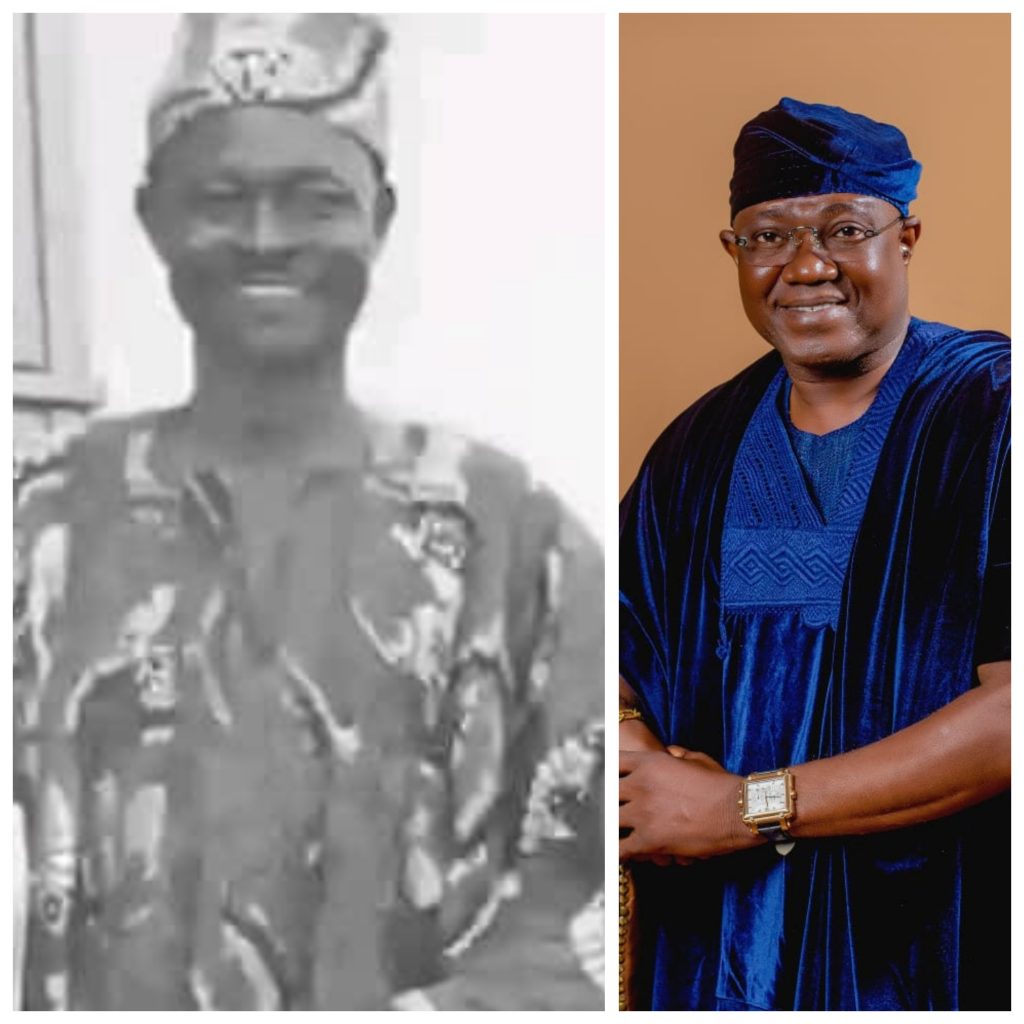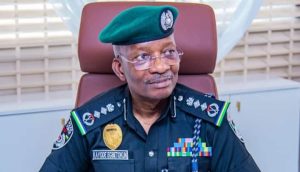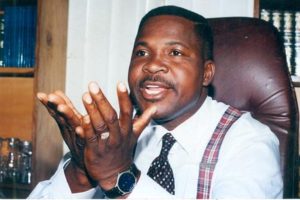
Joseph Gbadamosi Adegoke Adelabu, also known as Adelabu Penkelemesi, was a towering figure in the political landscape of Ibadan and the Western Region before Nigeria’s independence in 1960.
Born on September 3, 1915, in Oke-Oluokun, Ibadan, to Mr. Sanusi Ashiyanbi Adelabu and Mrs. Awujola Adelabu, he lost his mother at age five and was raised by his paternal aunt. He attended St. David’s C.M.S School in Kudeti, Ibadan, from 1925 to 1929, then CMS Central School, Mapo, Ibadan in 1930, and Government College, where he was head boy, from 1931 to 1936.
In 1936, Adegoke won a U.A.C scholarship to study commerce at Yaba Higher College but left after six months to work as an assistant to the UAC Ibadan district manager. His diligence earned him a promotion to Assistant Manager, but he left UAC in 1937 to start his own unsuccessful business. After a stint in civil service and a return to UAC in 1945, he left again to successfully start a textile trading business.
Adelabu’s political career began when he joined forces with Ibadan lineage chiefs (Mogajis) against Salami Agbaje’s bid for Olubadan. In the 1951 local elections, Adelabu co-founded the Ibadan People’s Party, which won all six seats to the Western Regional Assembly. Although the party eventually merged informally with the NCNC, Adelabu stayed with NCNC, becoming the secretary of its Western Province Working Committee. In 1954, he was elected chairman of the Ibadan District Council and won a seat in the House of Representatives, later becoming the First National Vice President of NCNC and Minister of Social Services.
Adelabu resigned from his positions after corruption allegations from the opposition Action Group. In 1956, he ran for the regional assembly but lost to Action Group, becoming the leader of the opposition in the Western House of Assembly.
Known for the phrase “peculiar mess,” which his non-literate followers Yorubanized to “Penkelemesi,” Adelabu was beloved by the people. When he became the Minister of Labour, he famously declared that his official limousine belonged to his friends and followers. He celebrated his success with drummers from his hometown in his official Ikoyi residence, despite the disturbance it caused to British and French residents, asserting they could return to their countries if they disliked the noise.
Adelabu admitted his egoism in his 1952 book “Africa In Ebullition: Being a handbook of freedom for Nigerian nationalists.” Tragically, he died in a car accident on March 25, 1958, at age 43. His death led to protests and chaos in Ibadan, with many believing he was assassinated. The ensuing violence resulted in numerous arrests and several charges of murder, marking a significant loss for the people of Ibadan.
Dare Adeleke is a Chieftain of the People’s Democratic Party, PDP, He writes from Ibadan.




